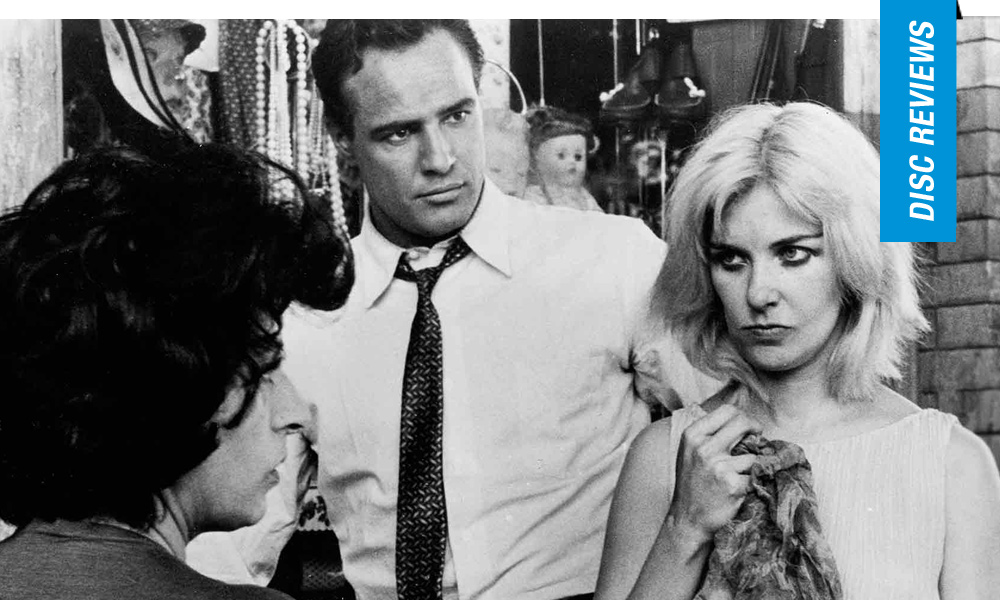So where is the curiosity and respect for this impressively filmed, terrifically acted retrofitted Greek mythology hyper-drama? It retains certain cultural fingerprints, what with being an influence on Barry Gifford’s Wild at Heart, of course adapted by David Lynch in 1990. And then one Angelina Jolie has a piece of Williams’ text from the play quoted on her person. Similarities with Baby Doll (1956), Williams’ script directed by Elia Kazan, are quite apparent, both with the cruel ruination of men by the burning of their property and the subjugation of women in loveless marriages. It is, perhaps, more heavy-handed than some of Williams’ more fluid prose—even the homosexual subtexts of his brilliant
Suddenly, Last Summer (1959) don’t skirt as stridently into grandiose soap opera as Fugitive. Brando, who was the first actor to snag a million-dollar paycheck for his role in this film, also isn’t quite right as Val “Snakeskin” Xavier. He’s a bit too gone-to-seed to play such a vibrant interloper, a man the women virtually swoon over and the men jealousy demean—but this is where Hollywood fantasy and reality collapse into one another because, at the time, Brando was a man people swooned over. But where they swooning over Brando as Val Xavier or the image of Stanley Kowalski emblazoned in their minds?
The highly publicized trouble between the cast members isn’t apparent on screen. Joanne Woodward is quite gutsy as the out of control white trash vagrant in town, a fallen woman whose liberal views on equal rights for black people and her own public lewdness have made her a bare-footed, half-crazed pariah (she would later play the troubled Southern Belle in Paul Newman’s 1987 adaptation of The Glass Menagerie). Maureen Stapleton has little do as the vapid wife of the nasty town sheriff, but her appearance in the cast seems nearly a cruelty seeing as she originated the role of Lady Torrance on Broadway, here eclipsed (as are all the cast) by the unmistakable magnitude of Anna Magnani.
While her Serafina in The Rose Tattoo is another piece of neglected American cinema, Magnani as Lady Torrance is a wonder to behold. Two sequences in particular elevate any kind of potential quibbling on the quality of The Fugitive Kind, her agonizing voice and contorted facial expressions (which run the gamut of the emotional register) are unlike any performer before or after. Her famous, infectious laugh, however, is nowhere to be seen in her portrayal of the vengeful Lady Torrance—and it’s perhaps a reason why many came to call her presence here ‘restrained.’ Tragic, operatic and signature Tennessee Williams, The Fugitive Kind remains a forgotten gem of American cinema.
Film Rating: ★★★★½/☆☆☆☆☆
Disc Rating: ★★★★/☆☆☆☆☆

